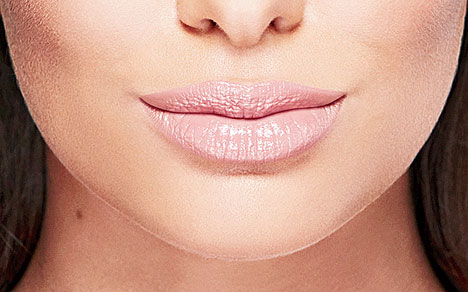
Wellness may be all right, but what about the wellness industry? Many experts on health and lifestyle feel that if only it were good for our health, we should be taking much wellness advice with bucketfuls of salt.
Jen Gunter is one such person. A practising doctor, she has recently written an article in The New York Times on the uselessness, and worse, the potential dangerousness, of a lot of wellness wisdom.
She begins by pointing out sharply: “Wellness is not the same as medicine.” The distinction is important to keep in mind, as the wellness industry is trying to act as medicine and take over its job, fighting illness and death.
“The wellness industry takes medical terminology, such as ‘inflammation’ or ‘free radicals’, and levigates it to the point of incomprehension. The resulting product is a D.I.Y. medicine for longevity that comes with a confidence that science can only aspire to achieve,” says Gunter.
She gives the example of adding a pinch of activated charcoal to your food or drink. It’s meant to be a “detox” agent. The black colour, Gunter acknowledges, is striking and alluring. Charcoal is a supposed “detox.” But.
“Guess what? It has the same efficacy as a spell from the local witch,” Gunter concludes.
Wellness products also keep harping on toxins, implying that they are everywhere and our systems are drenched in it, when they are actually harmful substances produced by some plants, animals and bacteria.
With such a stress on toxins, says Gunter, the industry can peddle fear and keep selling supplements and earthing mats and coffee enema kits.
Gunter is a fierce critic of Gwyneth Paltrow, the former actress who runs Goop, a wellness brand, and recommends, err, coffee enema, among other things.
“When medicine can only offer a therapy, not a cure, or when doctors give undesired answers — suggesting attention to sleep hygiene, for instance — it isn’t hard to see how the intoxicating confidence and theatre of wellness could beckon,” Gunter explains.










